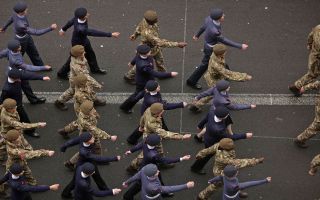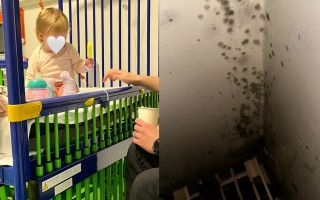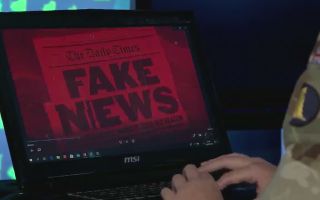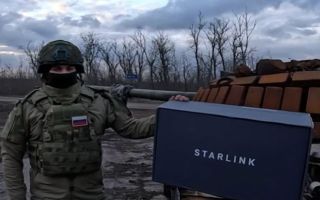Holocaust Memorial Day 2019 Remembers Those 'Torn From Home'
The entrance to the German concentration camp of Auschwitz.
MPs have come together in the Commons in support of Holocaust Memorial Day, which will be marked this Sunday.
The annual event looks to raise awareness not only of the atrocities of Nazi Germany, but genocides that have followed in Cambodia, Rwanda, Bosnia, and Darfur.
Between 1941 and 1945, six million Jewish men, women and children were murdered by the Nazis and their collaborators.
More than one million of those died at Auschwitz, the most notorious of the Nazis' extermination camps.
For some, all this is in living memory.
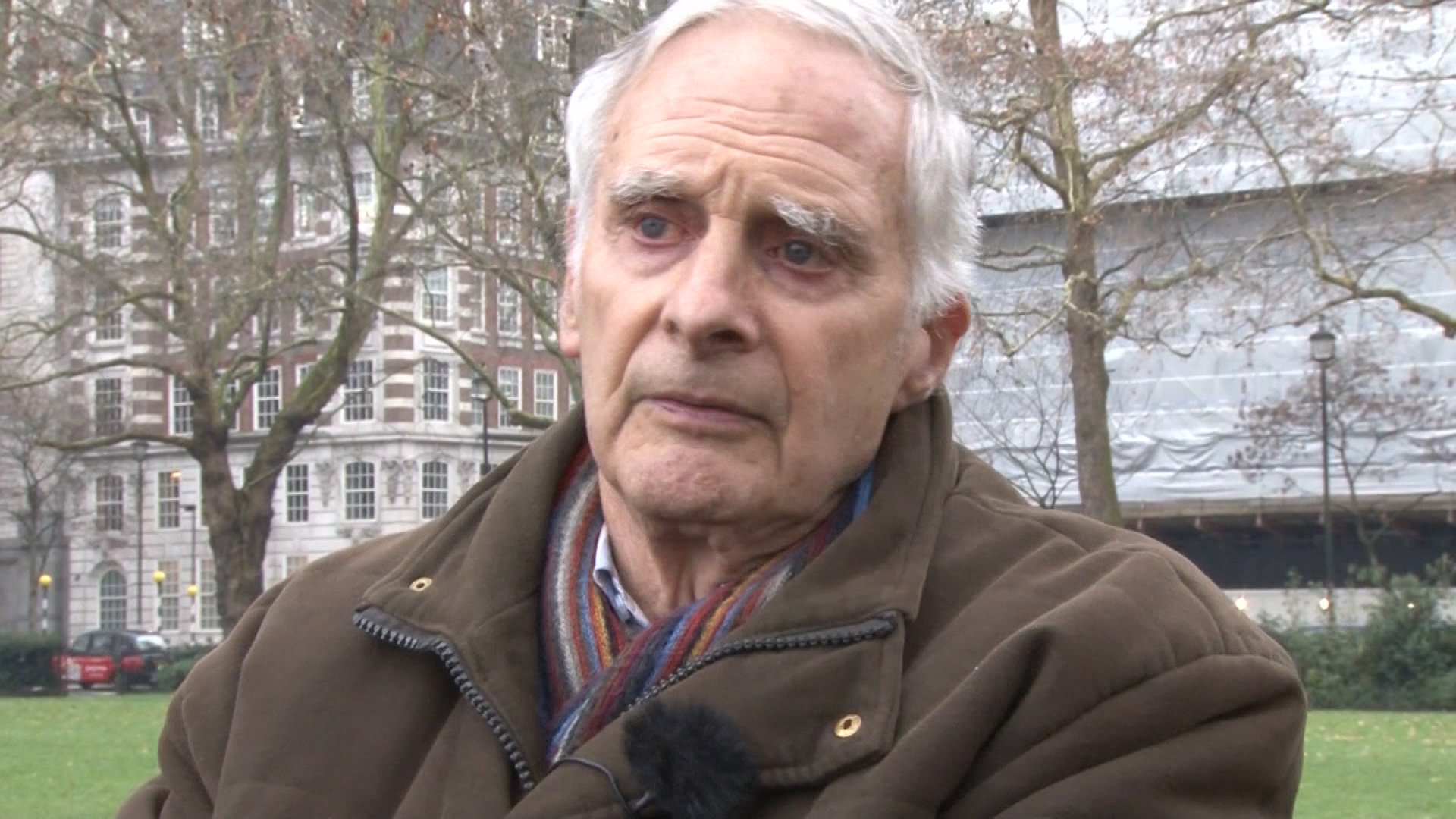
Steven Franks was five-years-old when Germany invaded the Netherlands.
"It was very exciting for us of course, as a five-year-old to see soldiers marching down the street.
"We didn't know what their sinister intent was all about."
Within months his father was imprisoned and Mr Franks and the rest of his family were processed through a series of increasingly brutal camps.
"I remember wandering about as a child, quite innocently and about 20 metres away along the perimeter wire were two German guards with a dog.
"I froze and they unleashed the dog.
"This dog came running over and bit me all over my arms, my thighs, my chest and legs.
"I remember these German guards laughing at this bit of Jew-baiting, this eight-year-old being mauled by this dog before they called it off."
The final camp Mr Franks was taken to was one where 15,000 children died, he was one of fewer than a hundred to survive.
"I shall never ever forget 39 hours in a cattle truck, crammed full of people, no food, no water, no sleep.
"I remember particularly the stench that built up in this cattle truck, if you could imagine a mixture of human sweat, of vomit, of faeces, of urine, all mixed up."
Holocaust Memorial Day is aimed at ensuring our generations never forget the millions of stories like Mr Franks’.
The theme this year is 'Torn From Home', encouraging reflection on how the enforced loss of a safe place to call ‘home’ is part of the trauma faced by anyone experiencing persecution and genocide.

